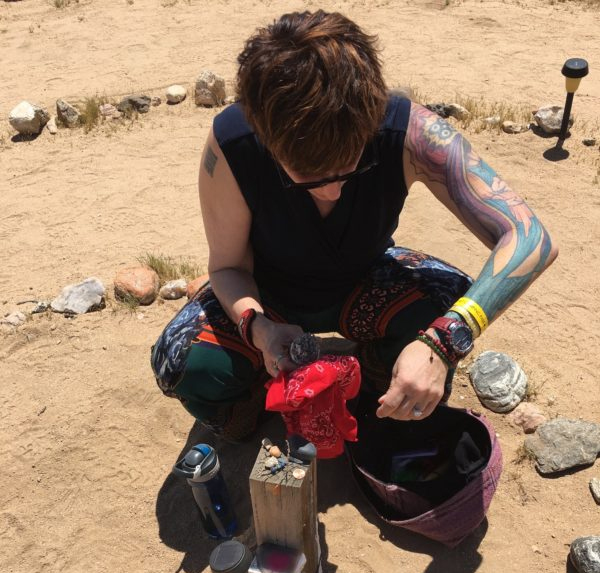I took my first Level one IFS training in 2004 after having been an IFS client for several years. I’ve been Certified in IFS since 2007 and am passionate about the psychospiritual model of growth. I have provided experiential training in IFS to universities, professional associations, corporations and small groups. I generally create Internal Family Systems Trainings for groups that are not open to the public, however, with the inability of the IFS Institute to keep up with the demand for training, I may be offering more public trainings in the future.
I do usually offer an introduction course each year. IFS is also embedded in my Psychotherapeutic Touch and the Self Psychedelic Integration Trainings. I’ve provided IFS consultation for clinicians as well as special trainings for clinicians incorporating IFS with other modalities, such as Dance/Movement Therapy. I’ve also offered trainings to families wanting to increase intimacy, entrepreneurs looking to create healthy work environments, and teachers seeking new skills to work with their students.


What I bring to my trainings in IFS is a breadth and depth of knowledge and experience that one only acquires after many years. As a somatic psychotherapist and embodied meditation teacher, my approach is mindful and includes and deep relationship with the body. As a dance/therapist, yoga instructor and butoh practitioner, I often incorporate movement. As a creative arts therapist, I may add in various types of art. As a musician, chanter and poet, you may find elements of these as part of a training. As a neoshamanic elder, we may also explore elements of energy healing, ancestors and guides. And, being part Earth Mamma hippy chick, you might find me incorporating things like aromatherapy, elements from nature and ritual. My IFS trainings are designed specifically for the population with which I’m working, offering enough of the known world to create safety and enough of the unknown to be stimulating.
I create dynamic, educational trainings that are highly experiential. I believe that active participation and adaptable training helps people learn and that we learn so much more by experiencing than gathering data. So, while didactic, cognitive training is an important component of training, participants will not be spending the majority of their time looking down and taking notes. Instead, we will create a little community in our time together.


